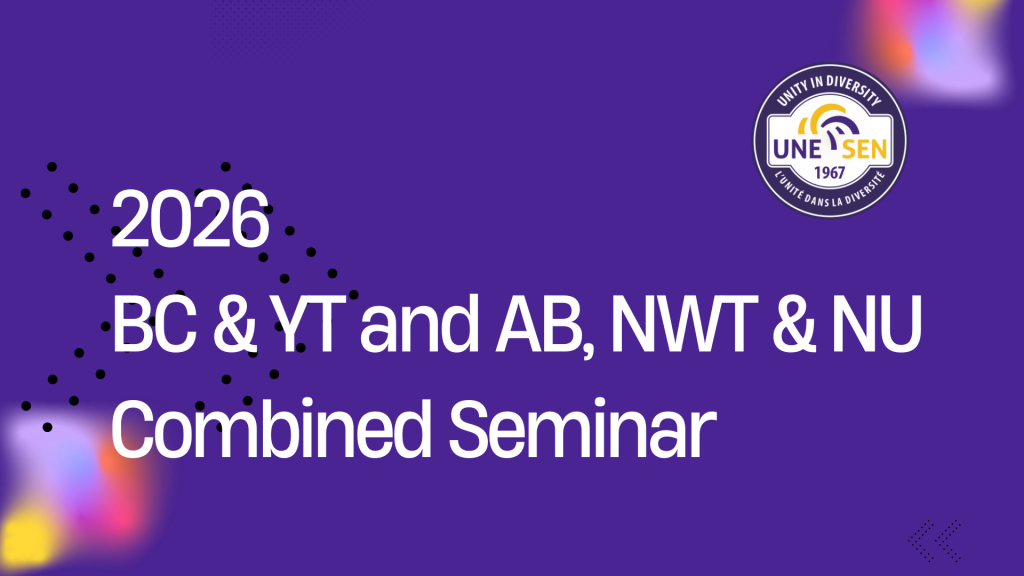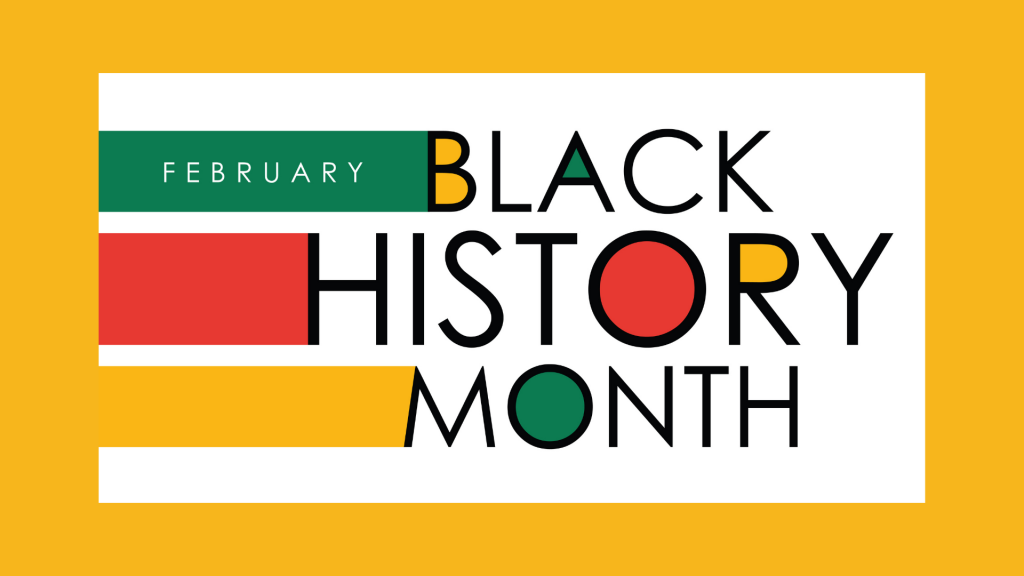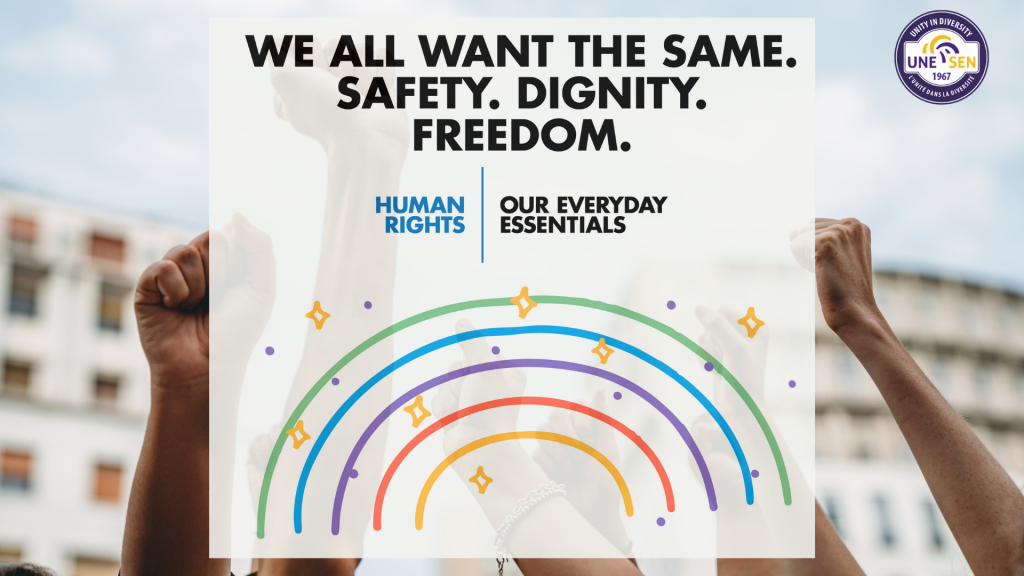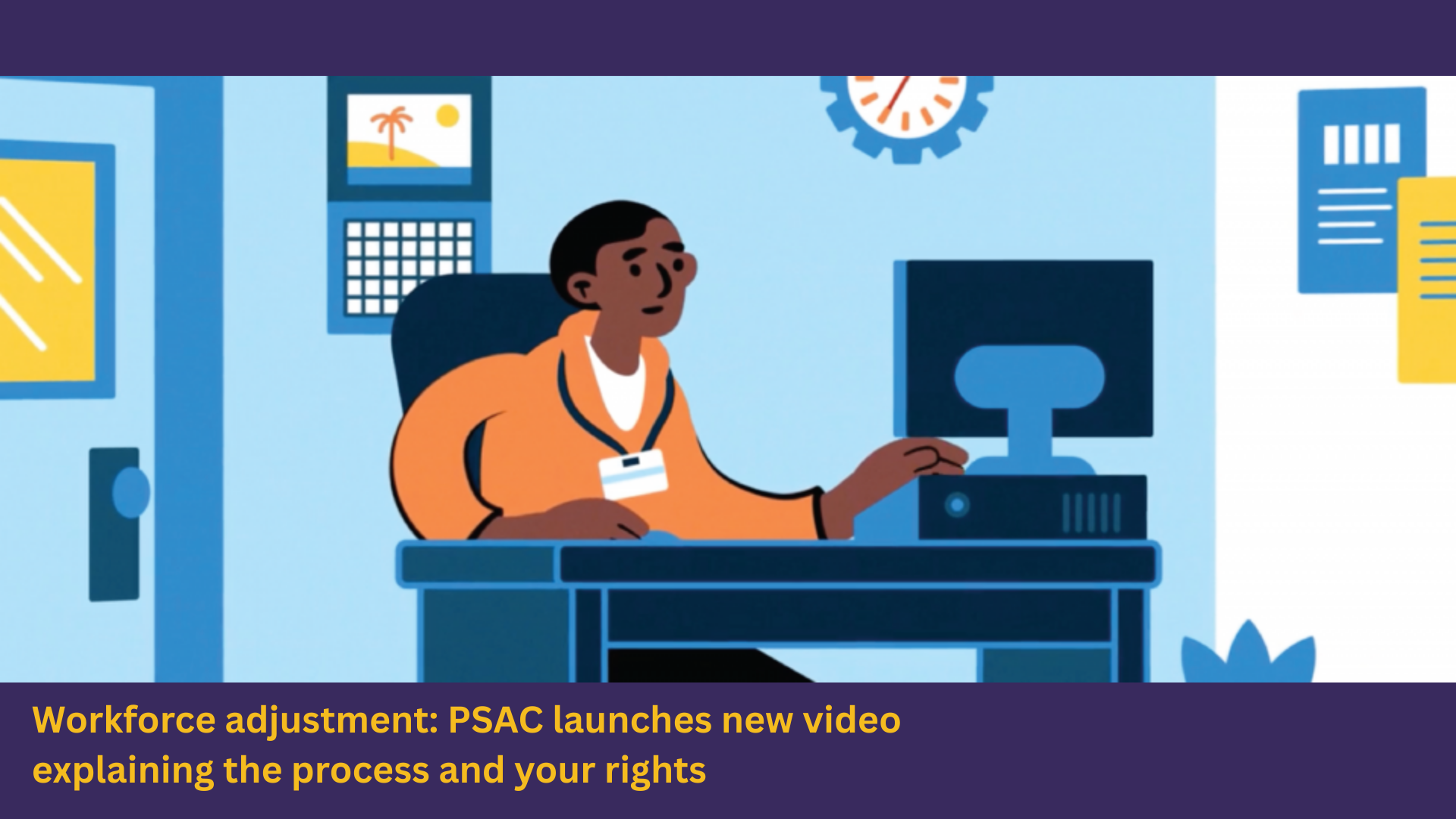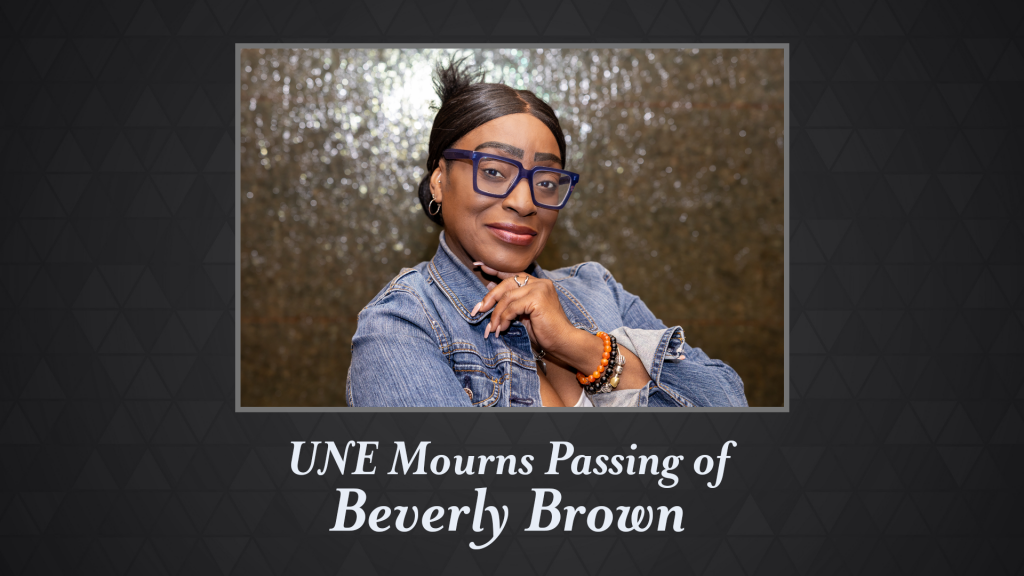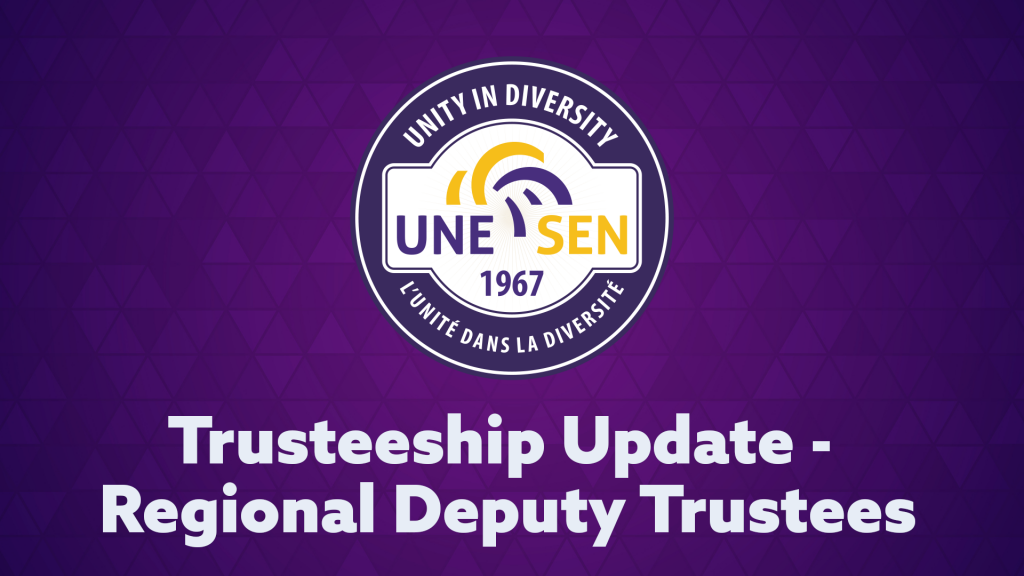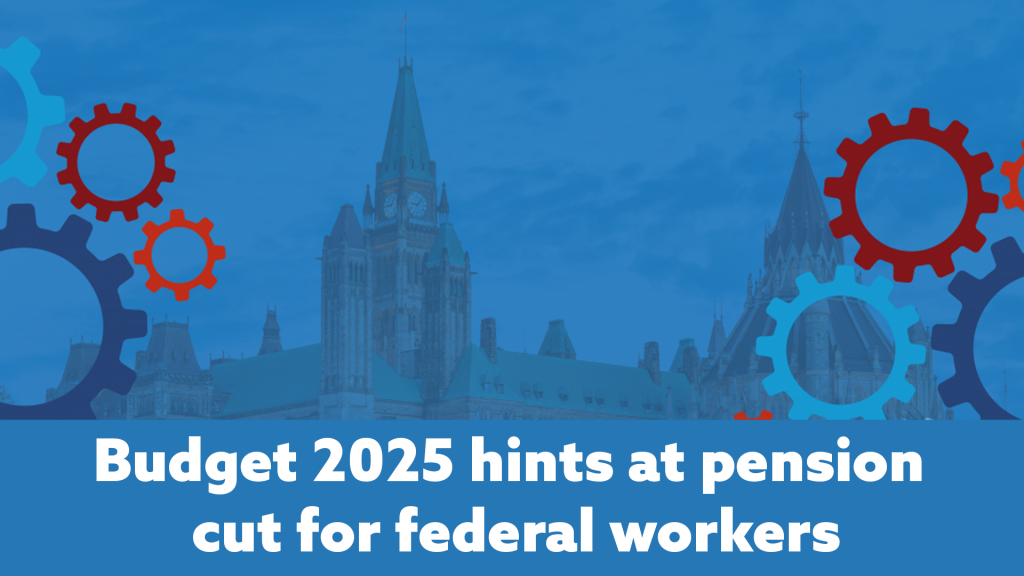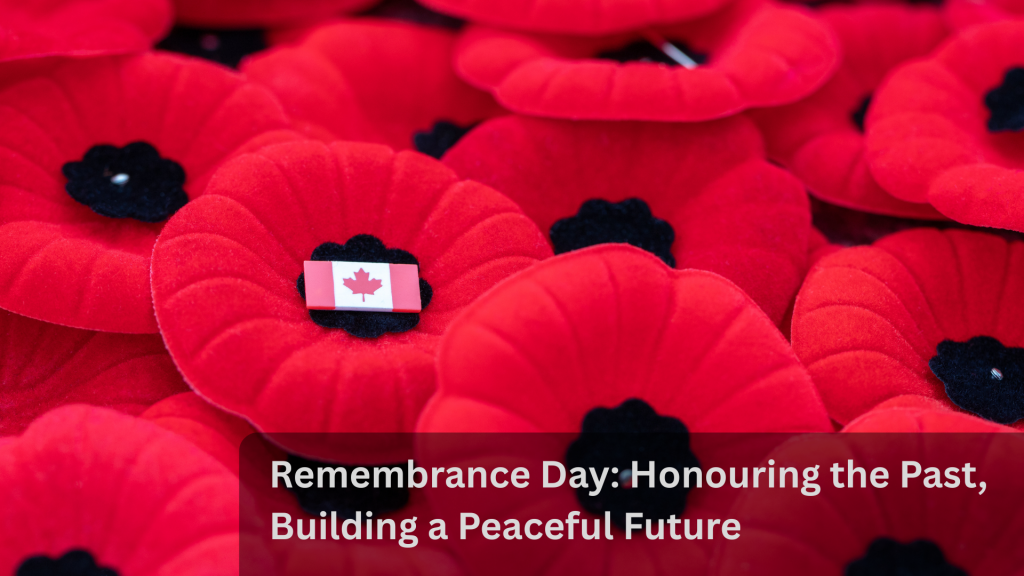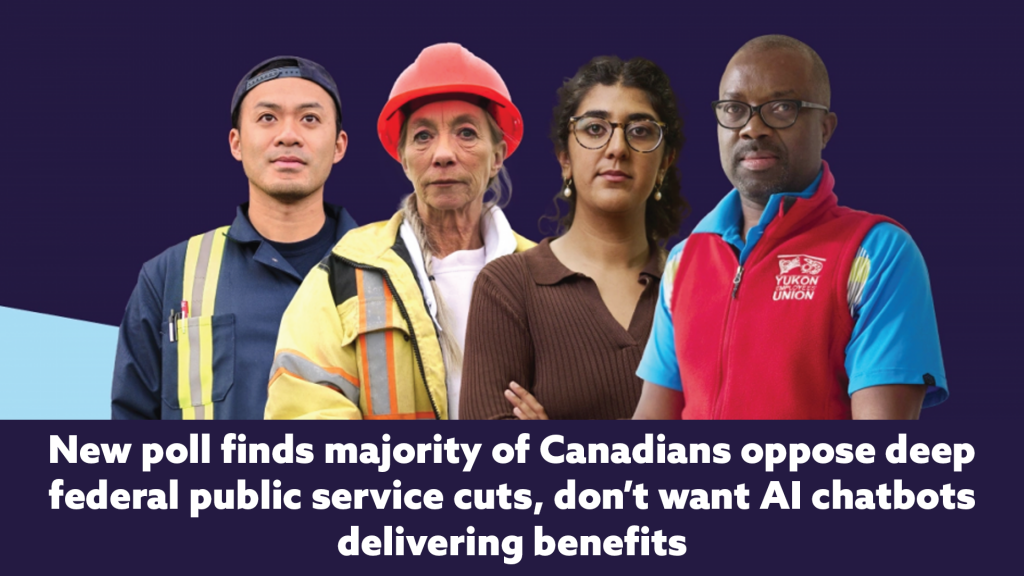
The countdown is officially on! In just a few months, UNE delegates from across the country will gather in Montréal for the 2026 UNE Triennial Convention, taking place August 24–28, 2026, at the Fairmont Queen Elizabeth Hotel.
Convention is where members come together, exchange ideas, and help chart the direction of our union for the years ahead. This is your opportunity to bring forward your experiences, your vision, and your voice.
When Convention returns, it brings with it renewed energy, long‑awaited discussions, and the chance to collectively set priorities for the future.
Delegates from locals across the country will debate and vote on resolutions, strengthen our internal democracy, and build solidarity by connecting with fellow members.
Your Local’s Role Starts Now
1. Make Sure Your Local Is in Conformance
To send delegates to Convention, locals must be in conformance by submitting the required financial documents.
2. Electing Delegates and Alternates
Delegates and alternates must be elected at a general Local meeting. The number of delegates your local can send depends on the number of members in good standing. Larger locals may send up to five delegates.
3. Observers — A Great Opportunity to Participate
Locals in conformance may also send observers at the Local’s expense, not at the member’s personal expense. Observers can attend Convention, follow the debates, and be part of the experience, but they do not participate in voting.
Not sure if your local is sending observers?
Ask your local representative — you might be pleasantly surprised!
Many locals welcome the opportunity to include more members in Convention activities.
Submit Your Resolutions — Your Ideas Matter
Locals are encouraged to form a resolutions committee (often 3–5 members) to review and prepare proposals from the membership. Locals may also create theme‑specific committees, such as for constitution & bylaws or finance. After debate and adoption at a general membership meeting, resolutions can be submitted online through the UNE website and must be accompanied by signed minutes.
Montréal Awaits — Be Part of This Moment
The 2026 Convention will bring together hundreds of UNE members in one of Canada’s most vibrant cities. This is our moment to reconnect, recharge, and re‑ignite our shared purpose.
We’re excited to welcome you to Montréal this summer.
Let’s build the next chapter of our union — together and in solidarity.
For more information about convention requirements and timelines, visit the official page.
